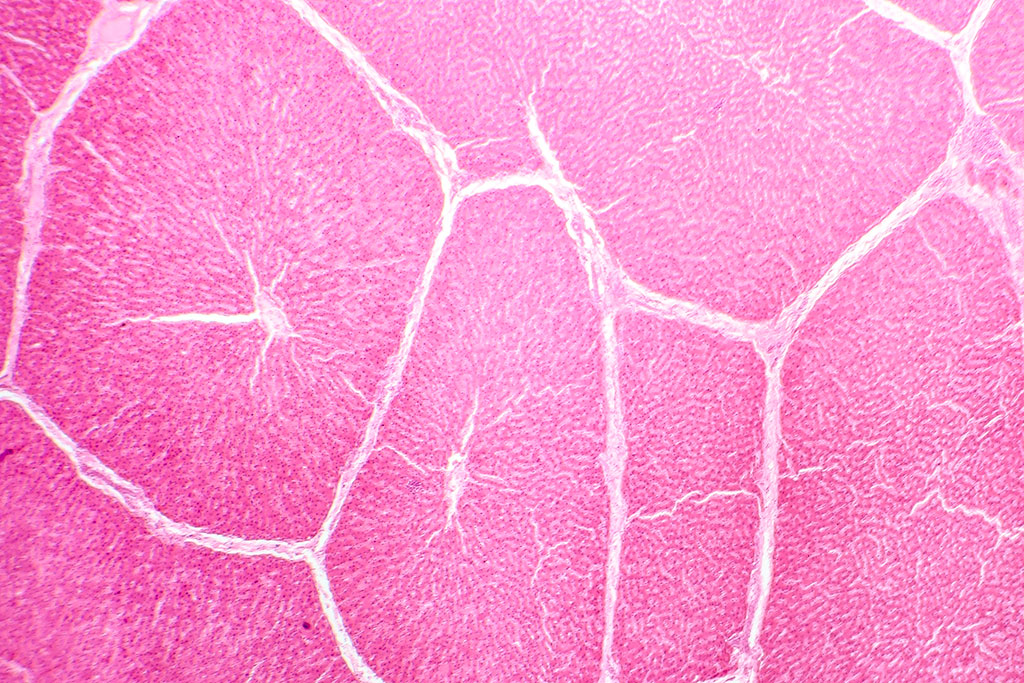Functional, Integrative or Holistic?
Posted by Andrea Nakayama

Both patients and practitioners often inquire what the term Functional Medicine actually means.
How is it different than Integrative Medicine?
Is it distinct from Holistic Medicine?
In the 1990’s the term Integrative Medicine was popularized as physicians acknowledged that their role, and what they had to offer their patients, was TRUE but partial.
Integrative Medicine
The term Integrative Medicine was described as: “the practice of medicine that reaffirms the importance of the relationship between practitioner and patient, focuses on the whole person, is informed by evidence, and makes use of all appropriate therapeutic approaches, healthcare professionals and disciplines to achieve optimal health and healing.”
Beautiful, right? A system designed to honor the person and their need for support from myriad modalities of healing.
This thinking was a huge step forward from where medicine had come (while also, we have to recognize, quite retrospective—meaning it’s what medicine used to be).
Functional Medicine
Functional Medicine was also described in the 1990’s, by Dr. Jeffrey Bland. It’s just now receiving the recognition it deserves.
Functional Medicine is said to better address the healthcare needs of the 21st century by shifting the traditional disease-centered focus of the medical practice to a more “patient-centered approach, addressing the whole person, not just an isolated set of symptoms, listening to patients’ histories and looking at the interactions among genetic, environmental, and lifestyle factors that can influence long-term health and complex, chronic disease.”
I applaud and am completely in service to the practice of Functional Medicine and what it stands for. When I began seeing an increasing number of clients in my practice—especially those with complex cases—it was these principles that spoke to me as a route to finding resolution and remedy.
Functional Nutrition
And as I further adapted the principles for my clinical needs and my scope of practice, I saw results—results that enabled my now Functional Nutrition practice to grow beyond my wildest dreams, so much so that I had to hire more nutritionists onto my team to handle the extra clients. And all of this growth happened by word-of-mouth recommendations alone.
Functional Medicine and Functional Nutrition both have a therapeutic focus on restoring the optimum function of the body and its organs, that works with systems and frameworks toward resolving the root causes of any sign, symptom or diagnosis, with a highlight on the importance of diet and lifestyle modification as part of its approach.
Interestingly, Integrative and Functional are not mutually exclusive.
As you can see from the descriptions above, an Integrative practitioner can take a Functional approach and a Functional practitioner can (and likely does), integrate adjunct therapies and allied practitioners into their therapeutic care. Both are holistic in their approach. And this is where we come in. You and I.
We are the bridge. We are integrative care and, if we care to have the best results, we practice Functionally.
What we do is integral to the therapeutic plan—to bring insight to the people seeking help in healthcare. In this way, we can work with any doctor, with any practitioner, on our clients’ teams to support making the everyday practices that matter more accessible, more understandable, easier to follow and with increased support when the tried-and-true just does not work. All this for the increased outcomes that both patients and practitioners deserve.
Schedule a free session with an Admissions Advisor to see how our Functional Nutrition immersion program can unlock the keys to your success in practice.
Or call us at 208-202-4022.
EXPERIENCE A FREE TRAINING SERIES WITH ANDREA NAKAYAMA TO HELP YOU
Begin practicing functionally today!
MORE TO EXPLORE
You Might Also Like
Maya Simand: Cancer Survivor to Holistic Cancer Coach
Holistic cancer coach Maya Simand shares her inspiring journey to healing. Discover how Functional Nutrition education empowered her to overcome breast cancer and help others find hope through integrative approaches.
Read MoreEstrogen dominance and breast cancer prevention: A Functional Nutrition approach
Estrogen dominance is a key factor in ER+ breast cancer. This Functional Nutrition guide explores how estrogen dominance increases risk and provides practical strategies to balance hormones and support overall health.
Read MoreThe 3 Roots, Many Branches: A Functional Framework for Clinical Success
As practitioners or aspiring nutrition counselors, we’re all familiar with the frustration of watching people struggle with chronic illness, cycling through symptoms and diagnoses without resolution.
Read MorePutting Patients First with Patient-Centered Care
I recently read an account written by a primary care doctor (PCP) describing a patient who had been passed from one specialist to another—each one focusing on ordering tests, prescribing medications, and ultimately sending her off with more questions than answers. No one paused to truly listen to the patient’s story. No one asked about […]
Read More